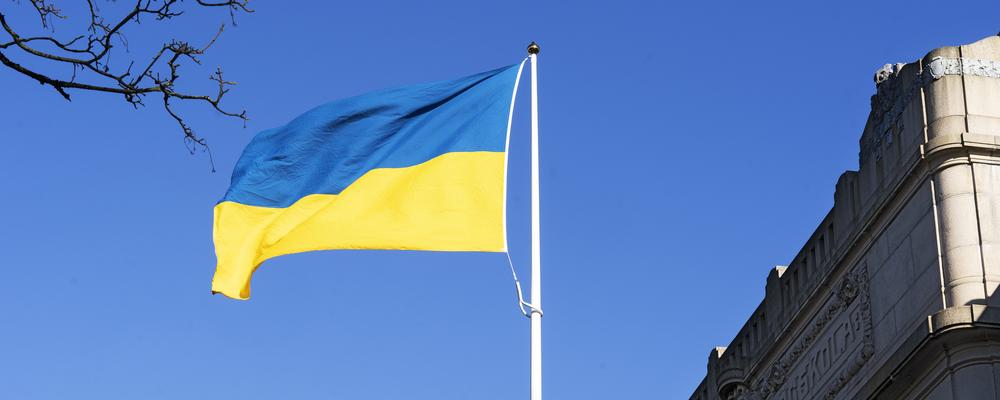The decision means that the faculties will equally share SEK five million, which is SEK 600,000 to each faculty and a smaller sum to interested national units. If a faculty does not use the entire sum, it is possible to reallocate means to other faculties. The funds will be settled at the end of 2022, in connection with the faculties reporting how they have been used.
Faster process
When a researcher at risk is welcomed as a visiting researcher to the university, the process usually goes through the organisation Scholars at Risk (SAR). Each employment is preceded by long processes around risk assessment, selection, matching and migration issues. The Ukrainian researchers affected by the Temporary Protection Directive, however, do not have to go through a risk assessment in each individual case, says Karolina Catoni, Deputy Head at the University of Gothenburg’s International Centre, and coordinator for SAR-Sweden.
“To make the process more reactive and fast, this initiative falls outside the regular SAR process”, says Karolina Catoni.
Researchers from Russia and Belarus
Eva Wiberg is convinced that researchers in Russia and Belarus who are critical of the invasion of Ukraine may also need academic sanctuaries. However, they are not covered by this special initiative.
“For researchers from Russia and Belarus, you need to make a risk assessment on an individual level. That is best done by Scholars at Risk's head office in New York, which has great expertise in the area”, she says.
Karolina Catoni, phone: +46 76 618 2679, e-mail: karolina.catoni@gu.se
